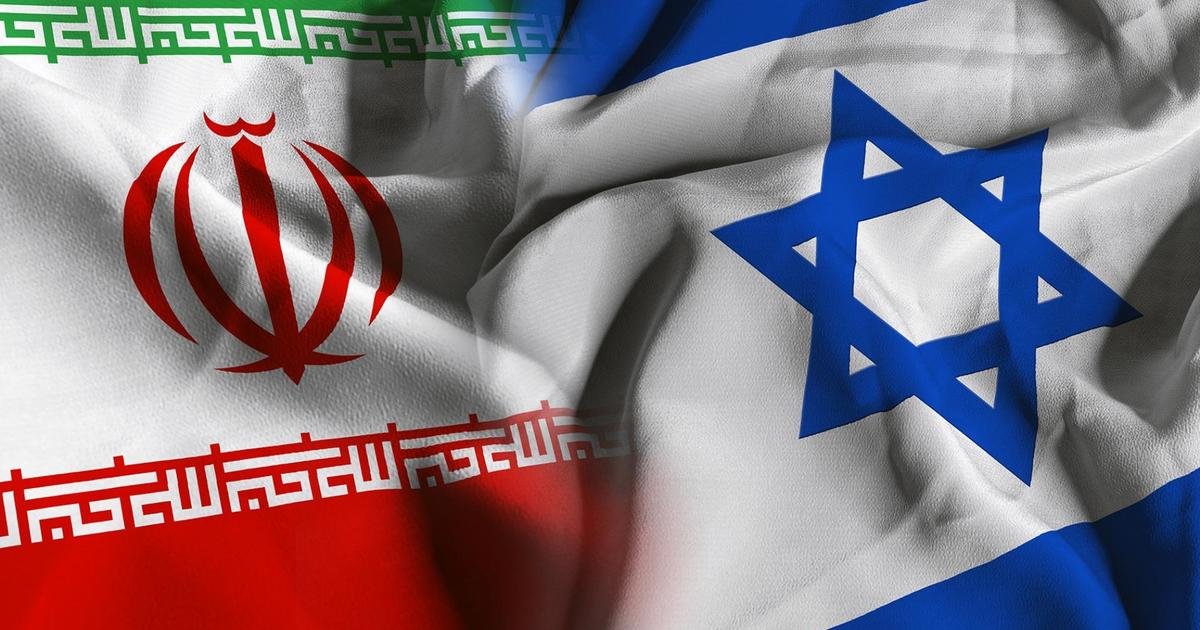In the complex political tapestry of the Middle East, the relationship between Israel and Iran has undergone a dramatic and drastic transformation. Despite currently being arch-enemies on the international stage, it is an often-overlooked historical point that these two nations were once closely allied. Understanding this geopolitical shift is essential to comprehend the present-day animosity that characterizes their relationship.
The Roots of an Unlikely Alliance
The genesis of the Israel-Iran relationship can be traced back to the pivotal year of 1948 when the State of Israel was established. In a surprising historical twist, Iran emerged as the second Muslim-majority country to recognize the newly formed Jewish state, second only to Turkey. At the time, Iran housed the largest Jewish community in West Asia, and the relationship between Iran and Israel was far from hostile. Under the leadership of the last Shah, Mohammad Reza Pahlavi, Israel and Iran developed a symbiotic relationship. Israel became reliant on Iran for 40% of its oil needs and, in return, supplied Iran with agricultural produce, weaponry, and technology.

The Tidal Wave of 1979: From Cooperation to Conflict
The landscape shifted catastrophically in 1979—a watershed year that witnessed the Islamic Revolution in Iran. With the overthrow of the Shah and the birth of the Islamic Republic of Iran, the once-strong alliance crumbled almost overnight. Iran’s new regime, helmed by the Ayatollahs, cast Israel as ‘Enemy Number One’ and rebranded it as the illegal occupant of Jerusalem. Military and economic ties were severed: travel and flight routes were abolished, and the Israeli Embassy in Tehran was remodeled into the Palestinian Embassy. Israel, in turn, refused to acknowledge the Islamic Republic, marking the inception of a deep-seated rivalry.
Israel and Iran: The Escalation of Regional Rivalry
Over subsequent decades, both nations embarked on campaigns to consolidate and expand their regional influence, resulting in inevitable clashes of ambition. As a prime strategy, Iran has supported various armed groups that recognize Israel as a significant adversary. Entities such as Hezbollah, backed by Iran’s Islamic Revolutionary Guard Corps, are testimony to Iran’s commitment to opposing Israel through proxy channels. Israel has reciprocated by supporting organizations that are antagonistic towards Iran, many of which Tehran labels as terrorist entities.

The Road to Reconciliation: A Path Untraveled
Recent developments have witnessed Iran launching a direct attack from its territory against Israel, marking an alarming escalation in their confrontations. The hostility ingrained in the Iran-Israel dynamic serves as a stark reminder of how far the two have diverged from their historical alliance. With each stride they take, bridging the chasm between them appears increasingly insurmountable.
Read More:- The Iron Dome: Israel’s Shield Against Rocket Attacks
The history between Israel and Iran serves as a poignant example of how quickly alliances can change in response to seismic political shifts. From close allies to staunch enemies, their journey has altered the strategic and security calculations in one of the world’s most volatile regions.
Explore the world of Anime! Visit Pop Media Pulse
